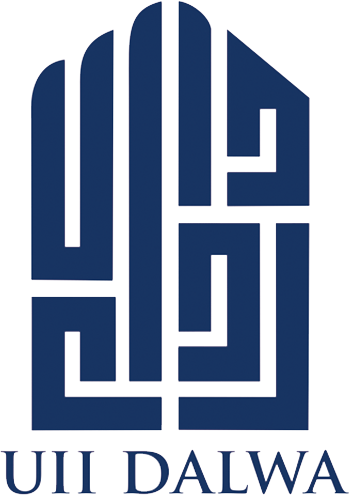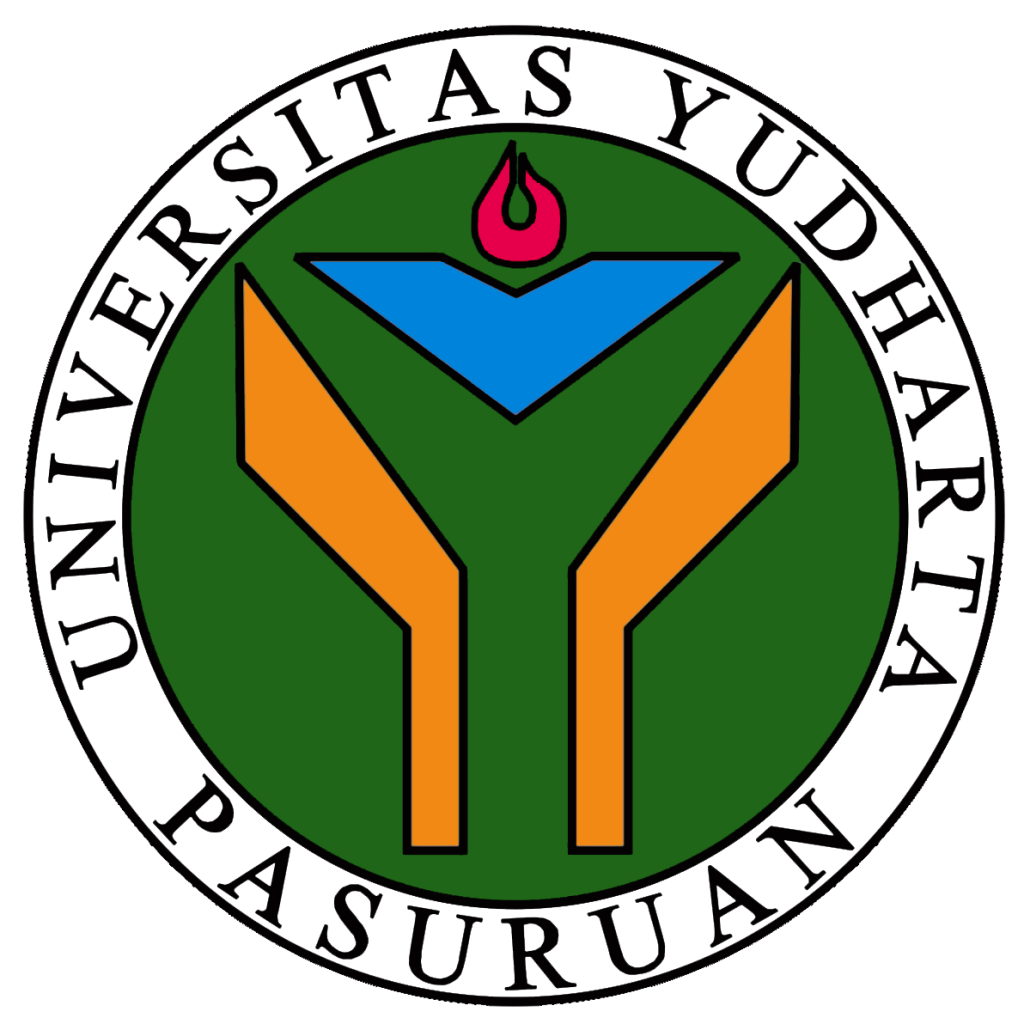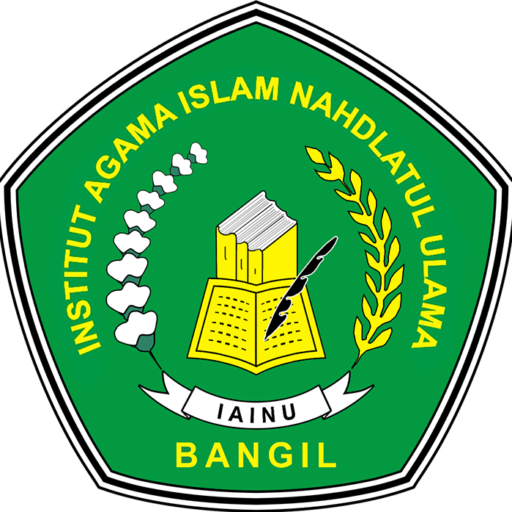| IN COLLABORATION |
|
|
Plagiarism Notice
The International Conference on Education, Society, and Management (ICHEM) does not tolerate plagiarism and unethical behavior related to publishing. Authors must ensure their papers are of the highest standards and that attributions and citations are accurate and the paper is original throughout. All papers are systematically reviewed upon submission and any detection means immediate rejection. The journal implements plagiarism detection for every manuscript submitted. Journals use Turnitin to track similarity levels and authors will be well informed about the results of similarity checks.
Plagiarism occurs when an author takes ideas, information, or words from another source without proper credit for the source. Even if it occurs accidentally, plagiarism is still a serious academic violation and is unacceptable in international academic publications. When a writer learns specific information (names, dates, places, statistical numbers, or other detailed information) from a particular source, citation is required. (This is only forgivable in cases of common knowledge, where data is available in more than five sources or common knowledge, for example, the fact that Indonesia is the largest Muslim country in the world.) When an author takes ideas from another author, citation is required—even if the author then developed the idea further. These may be ideas about how to interpret the data, either what methodology to use or what conclusions to draw. These may be ideas about broad developments in the field or general information. Regardless of the idea, the author must cite the source. In cases where the author develops an idea further, it is still necessary to cite the original source of the idea, and then in the next sentence, the author can explain his or her more developed idea. When a writer takes the words of another writer, quotations and quotation marks are required. Whenever four or more consecutive words are identical to a source the author has read, the author must use quotation marks to indicate the use of the other author's original words; just a quote is no longer enough.
The International Conference on Education, Society, and Management (ICHEM) takes academic integrity very seriously, and the editors reserve the right to withdraw acceptance of any paper found to violate any of the standards set forth above. Journal editors (together with publishers, reviewers, ethics commissions, and/or the public) will take responsive action when ethical issues are raised in connection with submitted manuscripts or published papers. Any reported unethical publishing action will be checked, even if discovered years after publication. Editors follow the COPE Flowchart when handling cases of suspected misconduct.
In cases of suspected or proven scientific misconduct, fraudulent publication, or plagiarism, the publisher, in close cooperation with the editor and members of the editorial board [if necessary an ethics committee], will take all appropriate measures to clarify the situation and amend the article in question. This includes immediate publication of an error, clarification or, in the most severe cases, retraction of the affected work. Together with the editor, the publisher must take reasonable steps to identify and prevent publication of papers in which research errors have occurred, and under no circumstances encourage such errors or knowingly allow such errors to occur.
The International Conference on Education, Society, and Management (ICHEM) takes academic integrity very seriously, and the editors reserve the right to withdraw acceptance of any paper found to violate any of the standards set forth above. For further information, prospective authors can contact the editorial office at prosiding@uiidalwa.ac.id



